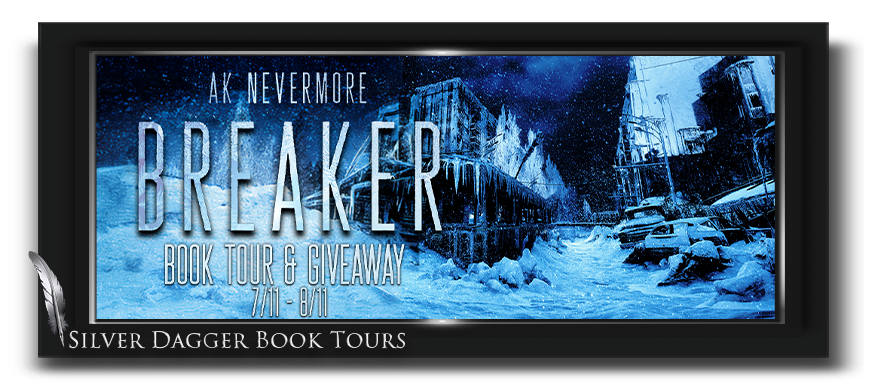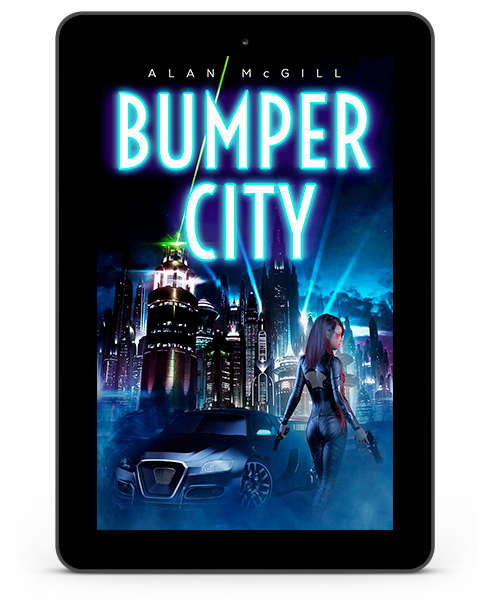Meet Rue Channing. She's just the witch to finish what her ancestors started.
Rue the Slay
Laurel Haven Witches Book 1
by ReGina Welling
Genre: Paranormal Women’s Fiction
Three hundred years ago, four witches went into the forest to cast a spell of protection against the evil creeping into their town but they were too late.
Today,
Rue Channing never sees it coming, and she should because seeing is
her special power. Still, who would have expected to be kidnapped and
hauled off to a small coastal town in Maine?
But that is
exactly what happened. Now, Rue, a lover of order and strict
routines, is dragged out of her comfort zone and into a new life in
the small, coastal town of Laurel Haven.
Things could not
be worse, she thinks, until she meets the man next door and decides
they could. Ry McFadden is the most infuriating man on the planet.
He’s a study in contrasts; grumpy yet generous, intensely private,
but somehow open. Rue can’t think what to do with him, except she
can, and that just makes things worse.
The problem is, Ry
McFadden just might be part of Rue’s destiny as she learns she’s
been brought to Laurel Haven to finish what her ancestors started.
Amazon * Apple * B&N * Google * Kobo * Bookbub * Goodreads
ReGina Welling prefers not to talk about herself in the third person so...
I live in Maine with my husband, a silly flufferpup named Dash, and a crazy cat named Cricket. I write full time and also create mixed media artwork when I get the chance.
When I was three, my mom brought home a new book and when she went to read it to me, I read it to her instead. That was when she realized I'd learned to read. Since then I couldn't even estimate the number of books I've read. It's a lot!
I love talking to other readers so please visit me in any one of these various places and don't forget to let me know you stopped by!
Website * Facebook * X * Instagram * Bookbub * Amazon * Goodreads
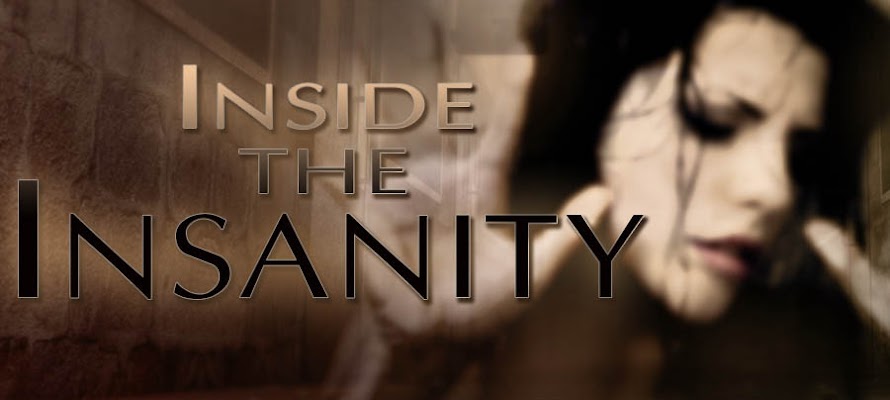







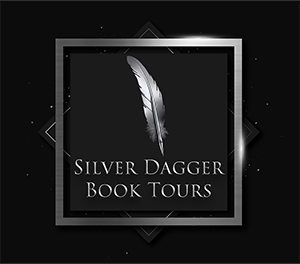











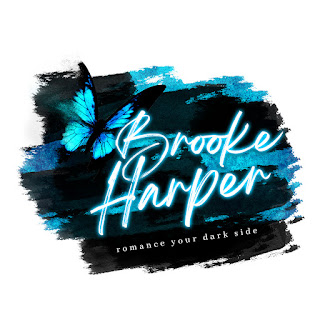



.jpg)










